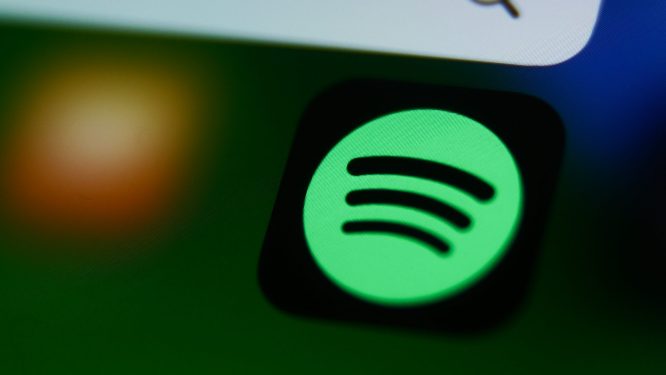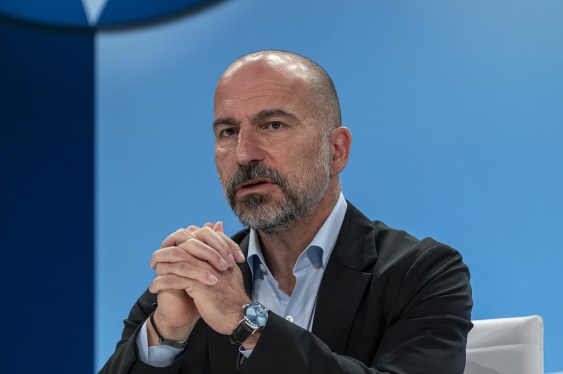Earlier this fall, Spotify launched an intriguing experiment in artificial intelligence: a feature designed to generate playlists using machine learning algorithms. While initially conceptualized as a "beta test," the platform eventually decided not to roll it out for all users after encountering technical issues that impacted its functionality. The experiment was aimed at exploring how AI could be leveraged to enhance music consumption, particularly through personalized playlist suggestions.
When Spotify Began Testing AI-Driven Playlist Creation
Spotify first hinted at the possibility of an AI-driven playlist feature during a developer event earlier this year. The company shared a conceptual blueprint for "Smart Playlists," outlining its vision for an intelligent system capable of curating music based on user preferences and listening habits. At that point, Spotify had already demonstrated the ability to generate song recommendations using machine learning algorithms.
The experiment reached its peak when Spotify’s global head of AI, Maria Sagona, revealed details about a prototype system at a developer event later in the year. The system, which was still in early testing phases, showcased the potential for AI to analyze vast amounts of audio data and create playlists that reflected users’ musical tastes with remarkable accuracy.
Confirming the Feature’s Existence
Despite initial setbacks, Spotify eventually confirmed the existence of its AI-driven playlist feature during an earnings call earlier this year. Confirming the existence of the feature was a critical step in navigating public perception of Spotify’s strategic pivot toward AI-driven services. The confirmation came after Spotify released a beta version of the feature to developers, allowing them to test and provide feedback on its functionality.
The feature, which was initially limited to a select group of users, eventually went live with all Spotify subscribers later this year. While it did not achieve the success Spotify had hoped for, the feature served as a valuable proof-of-concept for the company’s broader strategy of integrating AI into its services.
The Functionality of the AI-Driven Playlist Feature
The AI-driven playlist feature is powered by Spotify’s proprietary machine learning algorithms, which analyze vast amounts of audio data to identify patterns and relationships between songs. The system can analyze factors such as tempo, key signature, and genre, as well as user preferences, to create playlists that are highly personalized.
One particularly interesting aspect of the feature is its ability to generate playlists based on less common musical themes. For example, users have reportedly shared playlists featuring a mix of jazz and blues, or even experimental electronic music, which would not typically be associated with Spotify’s usual focus on popular contemporary tracks.
The system also takes into account user behavior, such as the time of day when they listen to music, their mood, and their listening history, to create playlists that are tailored to their individual preferences. The result is a set of songs that can vary in length from just a few minutes to an hour or more, depending on the user’s specific tastes.
Quotes from Spotify Officials
"Spotify has always been ahead of its time when it comes to experimenting with new technologies," said Spotify CEO Antero域, during his annual earnings call earlier this year. "We are committed to exploring all possible ways to enhance music consumption, and we believe that AI is the next frontier in this space."
"In terms of our AI strategy, we are seeing significant early success," confirmed Spotify Head of AI, Maria Sagona. "The beta version of the playlist feature has already attracted a lot of interest from users, particularly those looking for something truly unique in their music consumption experience."
Expanding the Use Case Beyond Music
While the primary focus of the AI-driven playlist feature is on music, Spotify has also explored other use cases for its AI technology. One particularly notable example is the development of an intelligent DJ tool that can automatically mix tracks based on user preferences and audio analysis.
The company has also invested heavily in exploring AI applications for podcasts, using similar technologies to generate playlists based on listeners’ interests. These efforts are part of Spotify’s broader strategy to create a unified ecosystem where music and media consumption can be enhanced through AI-driven personalization.
The Future of AI at Spotify
While the initial test of the AI-driven playlist feature was met with mixed results, it has proven to be a valuable data point in Spotify’s quest to establish itself as a leader in the AI-driven music industry. The company continues to invest heavily in AI research and development, with a particular focus on creating tools that can enhance user experience beyond just music consumption.
"In the coming months, we will be rolling out a series of new features that build on the success of our playlist experiment," said Spotify Head of AI, Maria Sagona. "Our goal is to create a truly personalized music experience that goes far beyond anything we have ever achieved before."
Conclusion
Spotify’s test of an AI-driven playlist feature represents a significant step forward in its broader strategy to integrate AI into all aspects of its business. While the initial experiment may not have met expectations, it has proven to be a valuable learning experience and has opened the door to new possibilities for Spotify’s future growth. Whether or not users are ultimately satisfied with the outcome remains to be seen, but one thing is clear: Spotify is determined to use AI to create a music experience that is as unique and personal as possible.



